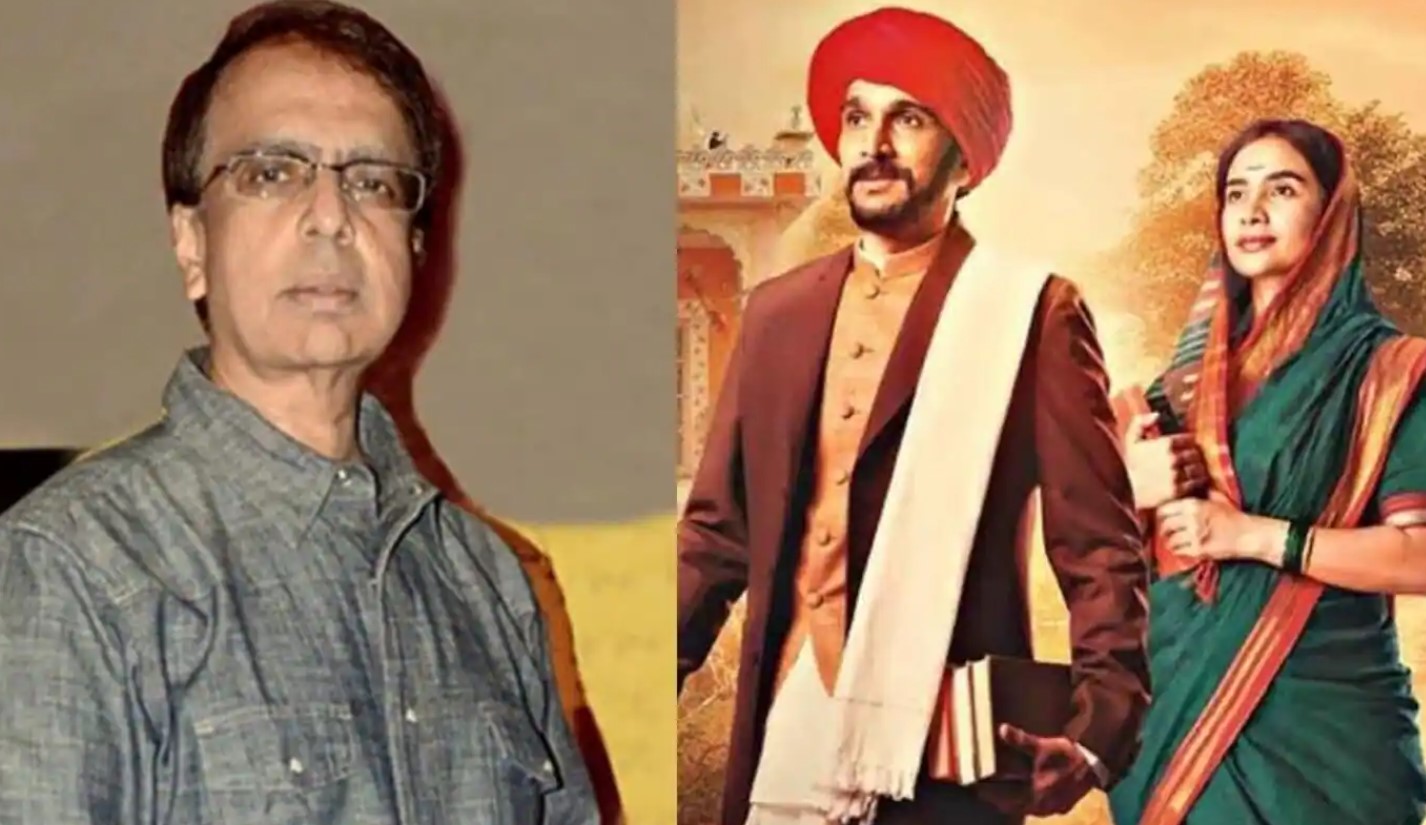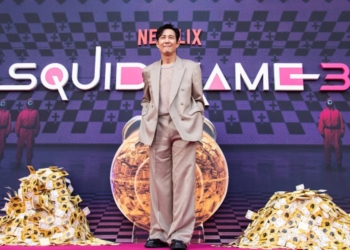Ananth Mahadevan’s upcoming film Phule finally received a green signal from India’s Central Board of Film Certification (CBFC) — but only after 12 specific changes were made to the film. These tweaks, mostly tied to language and subtitle choices, were key in landing the movie a universal viewing certificate. And the director isn’t complaining. He says he just wants the story to reach as many people as possible.
Originally set for an April 11 release, the historical biopic will now arrive in theatres on April 25. It stars Pratik Gandhi and Patralekhaa as the iconic 19th-century reformers Jyotirao and Savitribai Phule.
What Had to Change to Get a ‘U’
The CBFC didn’t outright reject the film. But they did hand the makers a list of 12 changes before issuing the all-clear.
One of the biggest asks? The word “caste” had to be replaced with “varna” in the subtitles. That’s not all. Specific community references like “Mahar” and “Mang” were deemed too direct, and substituted with a softer phrase: “aise choti choti.”
Even a powerful line in the voiceover — critical of Manu Maharaj’s caste structure — was revised. Dialogues were reworded. One particularly poignant statement, originally saying “jahan kshudro ko…jhadu bandkar chalna chahiye,” was changed to “kya yahi hamari…sabse doori banake rakhani chahiye.”
Some of the other changes made include:
Extending the disclaimer duration to allow viewers enough time to read it
Rephrasing sensitive commentary around caste practices
Adjusting subtitle language to be more neutral
The goal was to strike a balance between historical accuracy and present-day cultural sensitivity.

Why the ‘U’ Certificate Matters So Much
For Mahadevan, the ‘U’ rating wasn’t just a feather in the cap. It was the whole point.
“This is a film that kids, students, teachers, families — everyone — should be able to watch,” he told The Indian Express. “Jyotirao and Savitribai didn’t work for one section of society. Their message was, and still is, for all.”
One-sentence pause here.
A more restrictive certificate would’ve meant cutting off a large portion of the audience. That, for a film like Phule, would’ve gone against everything it stands for.
Walking the Tightrope Between Truth and Sensitivity
The director insists Phule is grounded in rigorous historical research. “Everything is based on facts,” Mahadevan said. “We didn’t fabricate anything.”
But he also admits it was no cakewalk. Recreating the life and times of social reformers from the 1800s meant stepping into unfamiliar worlds. Costume, dialect, body language, setting — all of it had to be carefully put together. No wild dramatization, no shortcuts.
One scene apparently took days just to block and rehearse — not because of technical issues, but to ensure it stayed authentic without crossing lines of modern-day sensibility.
Mahadevan added: “These are figures who B R Ambedkar himself wrote about. That tells you how important they were to India’s reform history.”
Plot, Purpose, and Pratik Gandhi
At its core, Phule tells the story of two brave people who stood up for the voiceless. The film tracks the journey of Jyotirao and Savitribai — from their early activism to their lasting impact on education, women’s rights, and caste reform.
Pratik Gandhi, who plays Jyotirao, is known for his ability to bring intensity and restraint. Patralekhaa, in the role of Savitribai, adds grace and fire.
Mahadevan says what struck him most wasn’t the political impact of the Phules, but their age. “They started their work so young. That’s what amazes me.”
Here’s a quick look at the film’s production highlights:
| Aspect | Detail |
|---|---|
| Certificate | ‘U’ – Universal (after 12 modifications) |
| Lead Cast | Pratik Gandhi, Patralekhaa |
| Director | Ananth Mahadevan |
| Release Date | April 25, 2025 |
| Genre | Biographical / Historical |
| Previous Projects | Mee Sindhutai Sapkal (2010), The Storyteller (2025) |
Why People Are Watching This One Closely
In an era of heightened political and cultural sensitivity, every word and frame gets double-checked. That’s especially true when a film deals with caste, history, and reform. So it’s no surprise that Phule faced close scrutiny.
But the buzz around the film isn’t just about censorship. There’s genuine curiosity about how a mainstream film will handle a subject so layered and emotional.
And there’s another reason people are watching closely: very few films have tackled this subject head-on before. While documentaries and academic texts exist, big-screen narratives around figures like the Phules are rare.
Maybe that’s why every little change, every subtitle swap, every disclaimer extension — it all matters.


















